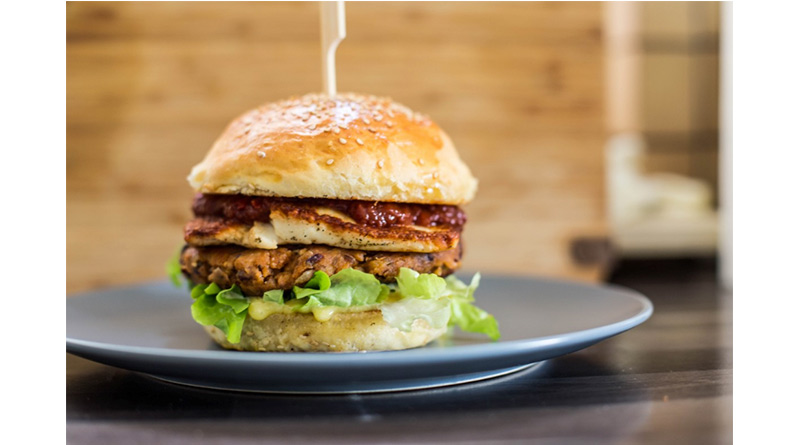Global Meat Substitutes Market To Rebound At 8.1% Growth In 2021, Says Globaldata

The meat substitutes market is undergoing turbulent times, with several new ‘meat-free’ product launches having hit shelves over the past few months and consumer demand remaining high. A surface view would suggest that the market is performing well despite COVID-19 complications, however, on closer inspection it is clear that sales have hit a wall, says GlobalData, a leading data and analytics company.
Rather than seeing declines, as observed with many meat-based products, the global meat substitutes market is expected to remain stagnant over 2020. When adjusted for COVID-19, GlobalData forecasts a slowdown value of US$4.7bn, reflecting a -0.7% decline over 2020*. This creates a dilemma for industry players as to whether new product launches are a safe bet. For Kelloggs, which has a diversified portfolio and can focus on its other successful categories, delaying the launch of its new Incomeato range makes sense.
Carmen Bryan, Consumer Analyst at GlobalData, commented: “Kelloggs’ decision to delay its new launches will prove wise in the coming years, as 2021 is expected to bring a sharp rebound for the meat substitutes market. By holding out, the company will be able to launch its new faux-burger line in favorable conditions, capitalizing on the renewed demand from consumers.”
Conversely, Impossible Foods, which almost entirely relies on sales from plant-based foods, has made significant efforts to increase its reach, rolling out products across more than 1,000 stores in the US in April. This is notable, as although 38% of global respondents have a low or no meat specific dietary requirement**, 21% claim to have stopped or are buying less meat alternative products***.
Bryan continues: “Many consumers are opting for the easiest option – whatever is widely available – thereby limiting the potential reach of still relatively niche products such as meat alternatives. This is why it is important for manufacturers to increase their retail reach in order to support long term growth, and Impossible Foods is doing just that.”
Just as meat substitutes value growth is expected to rebound from 2021 onwards, so are consumer buying behaviors. In fact, 84% of global consumers agree that product health and wellbeing attributes are highly influential on the purchasing decision**** – this being a key draw to flexitarian dietary trends.
Bryan adds: “Heavily established trends such as health and wellbeing are not likely to be replaced so easily. Thus, the coming years will prove lucrative for meat substitute players. Notably, Starbucks has partnered with Beyond Meat and Oatley to offer a new, plant-based lunch menu in its stores across China, a promising move for the industry’s future outlook. The challenge now lies in whether smaller players that are unable to increase their sales reach are able to hold out till then.”
